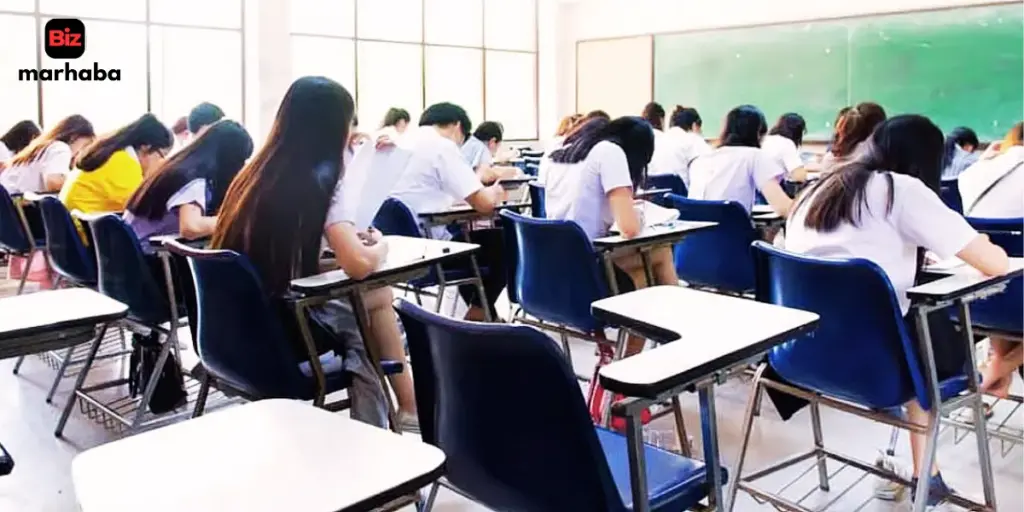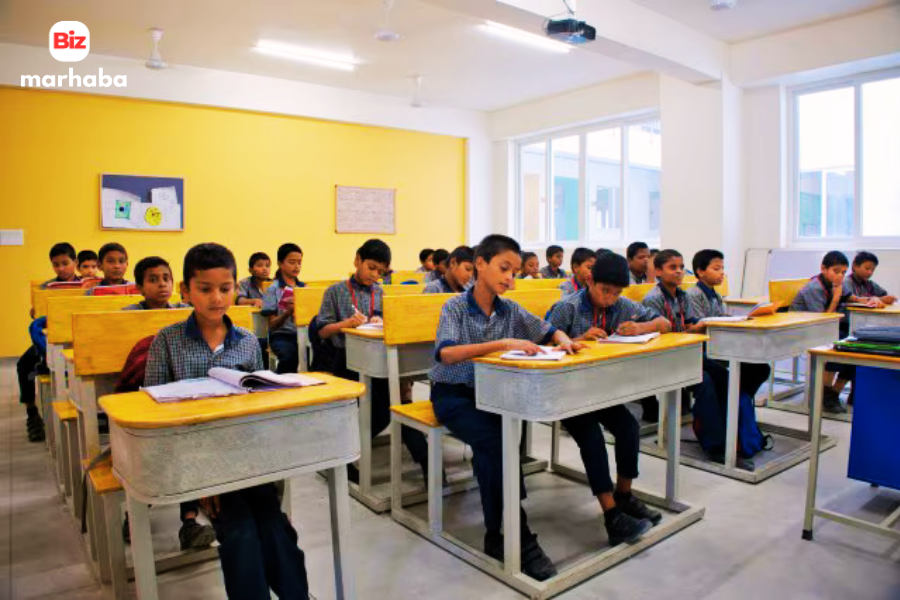The UAE Ministry of Education has announced that centralised second-semester exams will not take place in the 2025-2026 academic year. Instead, schools will hold their own summative assessments. Instead of central exams, schools will use continuous evaluation to track student progress. This is the latest update in UAE education news and reflects a major change in the UAE education system (Emirates News Agency – WAM).
Shift Toward Continuous Evaluation
The Ministry explained that only the first and third semesters will continue to have central exams. For the second semester, each school will now prepare its own summative assessments. Officials said the aim is to reduce pressure on students and give a fairer picture of their learning.
This step is part of a broader UAE education reform programme. The focus is on moving away from heavy final exams toward more flexible learning. Continuous evaluation, the Ministry said, gives teachers better tools to measure skills and help students improve.
According to Gulf News, quoting the MoE Under-Secretary, this policy applies to students from Grade 5 to 12. For younger pupils in Grade 1 to Grade 4, the system will use regular class assessments to follow progress. This method is expected to support learning and cut down on stress caused by major exams.
UAE School Exams 2025: Facilities and Resources
As part of the UAE school exams 2025 reforms, the Ministry is also improving facilities. Nine new public schools are opening this year for over 25,000 students. More than 460 schools received maintenance, 5,500 buses are ready for use, and about 47,000 laptops have been distributed. Over 10 million textbooks have also been printed for the year (Emirates News Agency – WAM).
Broader UAE Education Reform Initiatives

Another highlight of the reform is the launch of a national AI curriculum. Trained teachers will introduce artificial intelligence lessons to students at all grade levels. The programme aims to prepare young people for future skills and responsible use of technology.
Arabic and Islamic education will also gain more attention. Extra time has been given to both subjects, especially in early grades, without extending school hours. A new Arabic language test will be carried out for Grade 1 students in 100 schools to provide early support where needed.
The Ministry is also introducing a new Physical Education, Sports and Health Programme. It includes updated PE classes, healthier food choices, and sports competitions to promote student well-being.
Parents and the wider community will also play a bigger role. More than 520 Parents’ Councils are being set up, involving over 6,000 people. These councils are part of the “From Skill to Leadership” campaign, which includes activities such as “My Inspiring Family” to motivate learners.
Teacher development is another key area. More than 23,000 educators have taken part in training programmes of up to 170 hours. The Ministry also plans to carry out the Educational Competency Assessment Project to help teachers grow in their careers and to ensure quality teaching across schools.
Key Points:
- No second-term central exams in the 2025-2026 academic year.
- Continuous assessment will replace exams in the second semester.
- Applies to Grades 5-12, with special systems for Grades 1-4.
- Nine new schools, thousands of buses, laptops, and textbooks have been prepared.
- Introduction of a national AI curriculum.
- Stronger focus on Arabic and Islamic education.
- New student health and sports programme.
- Greater parent involvement and enhanced teacher training.
These measures show a clear move toward modern learning methods. The reforms highlight how the UAE education system is changing to support students more effectively. They also underline the government’s goal of shaping a strong future through UAE education reform. This remains one of the biggest updates in UAE education news, as well as a landmark in the ongoing changes for UAE school exams 2025.








